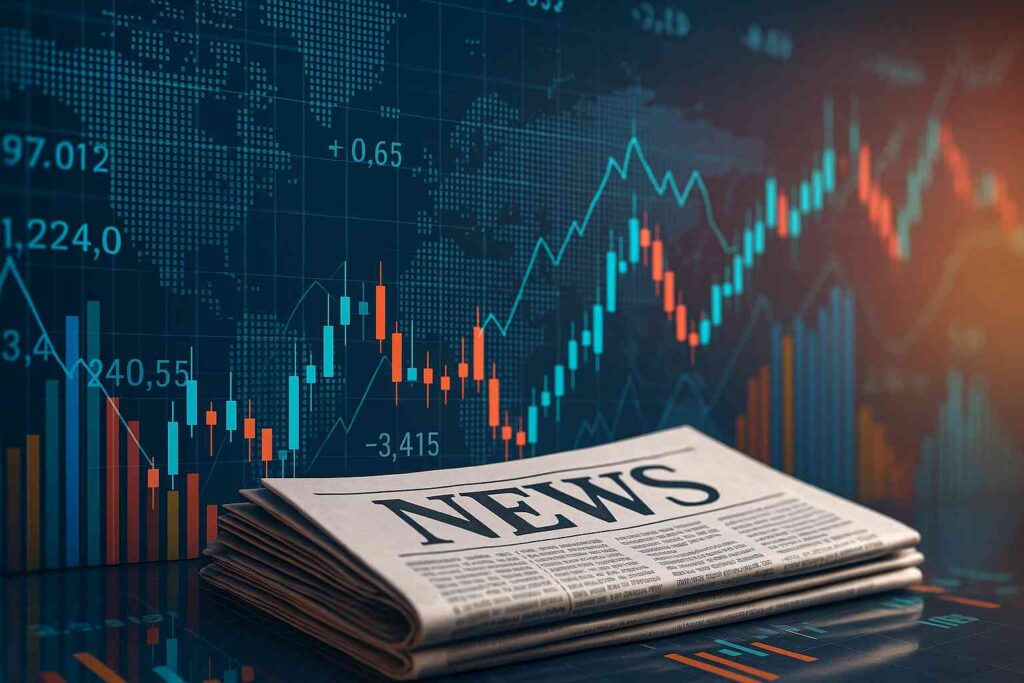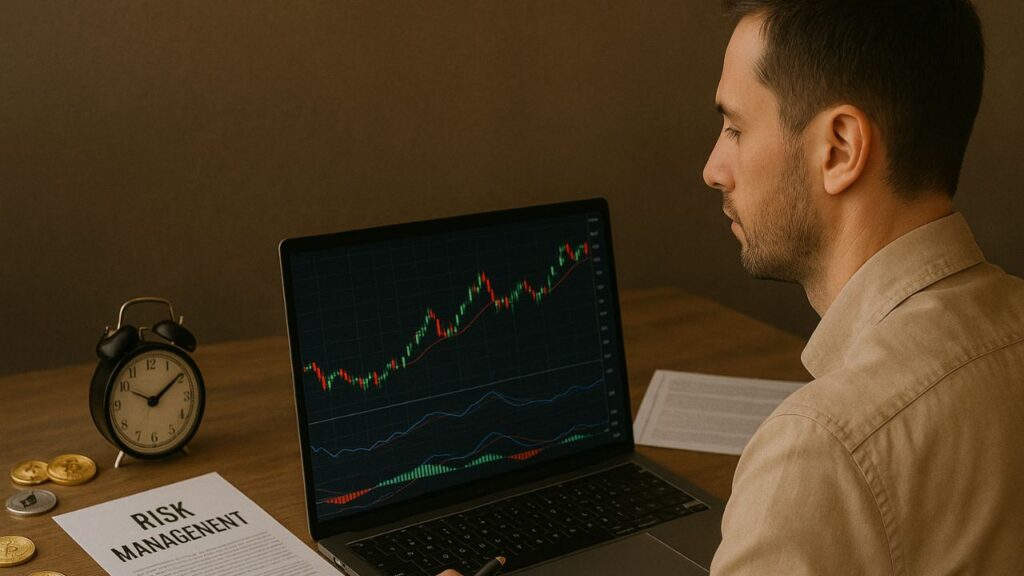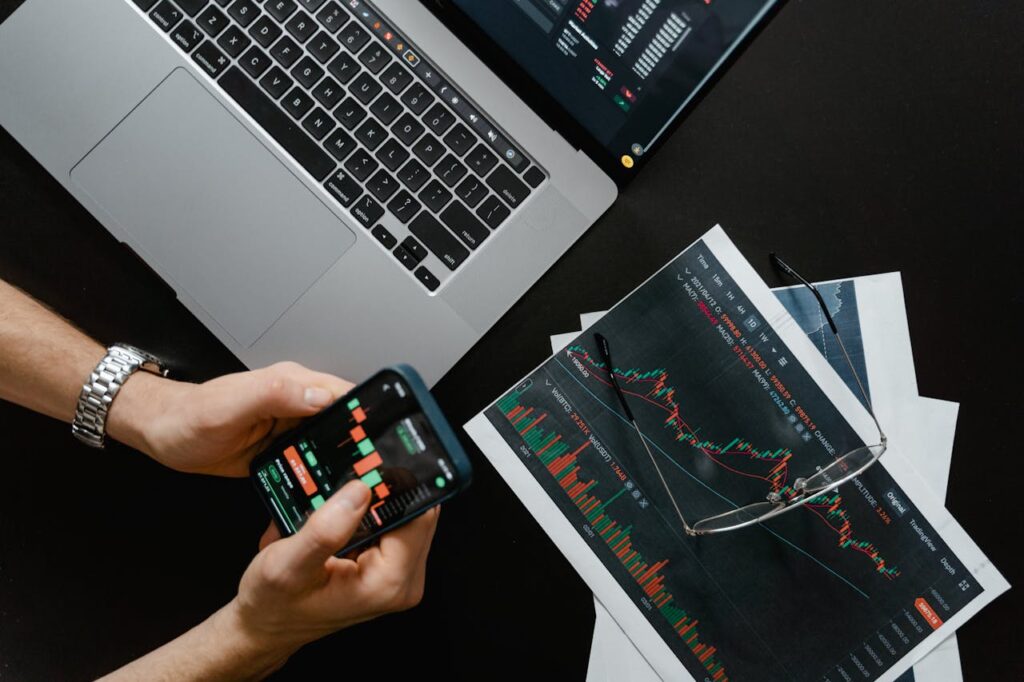Global Events and Stock Market

The stock market is a dynamic and ever-evolving ecosystem, influenced by a complex web of factors—from corporate earnings and investor sentiment to economic policies and global news. Among these, Global Events and Stock Market movements are closely intertwined, as global news often acts as a powerful trigger, moving markets in ways that are sometimes swift and unexpected.
Whether you’re a new investor or a seasoned trader, understanding how world events impact stock markets can make a substantial difference in your investment outcomes. This in-depth guide explores the mechanics behind market trends, the role of global news, case studies, and strategic responses for investors.
What Are Stock Market Trends?
Stock market trends refer to the overall direction in which the market or specific stock prices are moving over a period. These trends are broadly classified into uptrends, downtrends, and sideways movements. Recognizing these trends helps investors make informed decisions about when to buy, hold, or sell assets. Trends are often influenced by a combination of technical indicators, macroeconomic factors, and investor sentiment, making them essential to both short-term trading and long-term investing strategies. These trends are broadly classified into:
Uptrend (Bull Market)
- Prices consistently rise.
- Typically driven by strong economic growth, high consumer confidence, and corporate profitability.
Downtrend (Bear Market)
- Persistent decline in stock prices.
- Often caused by recession fears, rising unemployment, or financial crises.
Sideways Trend (Range-Bound Market)
- Prices fluctuate within a narrow range.
- Indicates market indecision or a period of consolidation.
Key Influencing Factors
- Market Sentiment: Collective attitude of investors.
- Economic Indicators: GDP, unemployment rate, inflation, etc.
- Corporate Earnings: A company’s financial performance.
- Government Policies: Tax reforms, interest rate changes.
Callout Tip: “Market sentiment can often drive prices more than actual fundamentals in the short term.”
The Role of Global News in Stock Market Movements
Global news plays a critical role in shaping market sentiment and investor behavior. Here’s how different types of global events impact the financial markets:
1. Economic Reports & Central Bank Announcements
- Examples: Interest rate hikes by the U.S. Federal Reserve or India’s RBI.
- Impact: Rising interest rates often lead to a bearish market, while rate cuts can stimulate bullish behavior.
- Tip: Watch for inflation reports, unemployment data, and GDP figures.
2. Geopolitical Events & Political Uncertainty
- Examples: Wars, elections, trade wars, diplomatic tensions.
- Impact: Heightened uncertainty, currency fluctuations, and defensive stock rallies.
- Case: Russia-Ukraine conflict triggered a surge in energy prices and affected global equities.
3. Corporate Earnings & Industry Developments
- Examples: Apple’s record profits, Tesla’s production challenges.
- Impact: Strong earnings boost investor confidence in sectors; poor performance triggers sell-offs.
4. Natural Disasters & Climate Events
- Examples: Earthquakes, hurricanes, and wildfires.
- Impact: Affects industries like agriculture, energy, and construction.
- Case: Hurricane Katrina (2005) caused oil prices to spike due to refinery damage.
5. Global Health Crises
- Examples: COVID-19 pandemic.
- Impact: Triggered global recession fears, market crashes, followed by tech and healthcare rallies.
6. Technological Advancements
- Examples: Rise of AI, blockchain, and EVs.
- Impact: Boosts tech stock valuations and reshapes investor preferences.
- Case: Nvidia stock surged following AI tool breakthroughs like ChatGPT.
7. Misinformation and Market Manipulation
- Examples: False earnings reports, misleading tweets from influencers.
- Impact: Can lead to irrational market reactions or pump-and-dump schemes. Always verify sources.
Real-World Case Studies: News Events That Moved Markets
| Event | Year | Market Impact |
|---|---|---|
| COVID-19 Pandemic | 2020 | Global market crash, followed by tech stock rally |
| Russia-Ukraine War | 2022 | Energy stocks surged, global equities fell |
| 2008 Financial Crisis | 2008 | S&P 500 declined ~50%, major recession |
| Brexit Vote | 2016 | High volatility in UK/EU stocks, pound depreciated |
| Dot-Com Bubble Burst | 2000 | Massive tech stock crash after overvaluation |
How Investors Can Navigate Market Volatility
When global news rocks the markets, smart investors don’t panic—they plan. Here’s how:
1. Stay Informed Without Overreacting
- Follow credible news sources like Bloomberg, CNBC, and Reuters.
- Don’t make hasty decisions based on headlines.
2. Diversify Investments
- Spread risk across sectors: tech, pharma, energy, consumer goods.
- Include bonds, gold, and international ETFs for balance.
- Example portfolio mix: 60% equities, 20% bonds, 10% gold, 10% cash or alternatives.
3. Use Stop-Loss and Take-Profit Strategies
- Automate risk management using stop-loss orders.
- Set realistic profit targets.
4. Invest with a Long-Term Perspective
- Market volatility is temporary.
- Focus on fundamentally strong companies with long-term potential.
5. Monitor Key Economic Indicators
- Stay updated on interest rates, inflation, and employment data.
- These influence central bank policy and stock valuations.
6. Consider Defensive Stocks During Crises
- Sectors like healthcare, utilities, and FMCG are less affected during downturns.
- Example: Pharma stocks soared during COVID-19.
7. Explore Hedging Opportunities
- Use options and futures contracts for downside protection.
- Invest in gold or high-rated bonds as safe havens.
Insightful Quote: “Smart investing isn’t about timing the market — it’s about time in the market.”
Frequently Asked Questions (FAQs)
Q1: Can global news really move the entire stock market?
Absolutely. Major events like pandemics, wars, and elections can trigger widespread volatility, affecting both individual stocks and entire sectors.
Q2: How quickly do markets react to news?
Almost instantly. In today’s digital age, stock markets react to news within minutes, driven by high-frequency trading and investor sentiment.
Q3: Should I sell my stocks when bad news breaks?
Not necessarily. It’s often wiser to assess the fundamentals and avoid emotional decisions. Use bad news as a chance to buy quality stocks at a discount.
Q4: What type of news impacts the stock market the most?
Economic data, geopolitical events, and corporate earnings typically have the largest impact. The severity and uncertainty of the news also play a key role.
Q5: How can beginners protect themselves from volatility?
- Start with diversified index funds.
- Keep an emergency fund.
- Invest for the long term, not for short-term gains.
Q6: Do AI and algorithmic trading systems react to global news?
Yes. Many hedge funds and trading platforms use algorithms that instantly analyze news sentiment and place trades within milliseconds, amplifying market reactions.
Final Thoughts
Understanding the connection between global news and market trends equips investors with a strategic edge. While you can’t control world events, you can control how you respond to them. Smart investing is all about preparation, diversification, and informed decision-making.
Are you tracking how global events affect your portfolio? Let us know in the comments.



